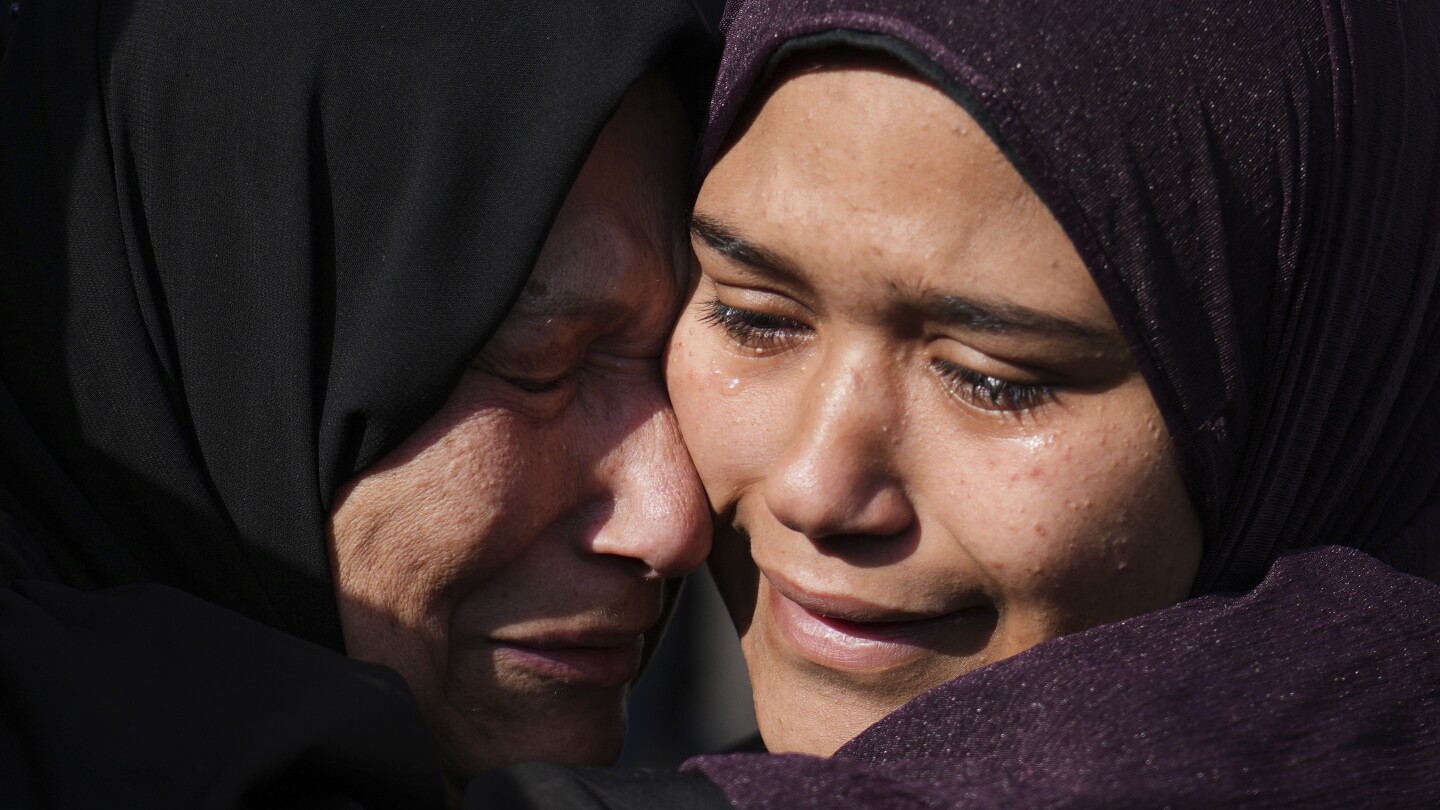Gaza’s Descent: The Unseen Impact of a Two-Month Blockade
For over two months, Gaza has endured a crippling blockade, leading to widespread shortages of food, medicine, and fuel. Witnesses and aid organizations now report escalating looting and desperation among civilians, raising urgent concerns about a deepening humanitarian crisis. The situation highlights the unseen consequences of prolonged isolation on Gaza’s 2.3 million residents, with no immediate resolution in sight.
The Humanitarian Toll of the Blockade
Since the blockade began, Gaza’s infrastructure has teetered on collapse. Hospitals operate at minimal capacity, with generators sputtering due to fuel shortages. The UN reports that over 80% of the population relies on humanitarian aid, yet deliveries have slowed to a trickle. “We’re seeing families resorting to extreme measures just to survive,” says Leila Haddad, a regional director for the World Food Programme. “Children are going days without meals, and parents are forced to choose between medicine and bread.”
Key statistics paint a grim picture:
- Food insecurity has risen by 65% since the blockade began, affecting 1.8 million people.
- Medical supplies are at 15% of pre-blockade levels, according to the World Health Organization.
- Unemployment has skyrocketed to 65%, leaving families without income to purchase scarce goods.
Looting and Lawlessness: A Symptom of Desperation
As resources dwindle, reports of looting have surged. Aid warehouses and pharmacies have become targets, with crowds breaking in to seize whatever supplies remain. Local authorities, overwhelmed and under-resourced, struggle to maintain order. “This isn’t criminal behavior—it’s survival,” explains Dr. Youssef Al-Masri, a Gaza-based sociologist. “When people face starvation, societal norms erode.”
Eyewitness accounts describe chaotic scenes:
- A mob overran a UN storage facility, emptying it of flour and cooking oil within hours.
- Pharmacies have been stripped of antibiotics and painkillers, leaving chronic patients without treatment.
- Street markets now trade in scavenged goods, with prices inflated tenfold.
International Response and Political Stalemate
The international community remains divided on how to address the crisis. While some nations call for an immediate ceasefire and aid corridor, others defend the blockade as a necessary security measure. The UN Security Council has convened emergency sessions, but resolutions stall over geopolitical tensions. “We’re caught in a cycle of condemnation without action,” says Mark Reynolds, a senior analyst at the International Crisis Group. “Meanwhile, Gaza’s civilians pay the price.”
Humanitarian groups urge these immediate steps:
- Establishing a guaranteed aid corridor with third-party monitoring.
- Prioritizing fuel deliveries to restore critical services.
- Creating a neutral mediation team to negotiate short-term relief.
The Road Ahead: A Region on the Brink
Without intervention, experts warn of irreversible damage. Malnutrition rates among children could double within weeks, and preventable diseases may surge as sanitation systems fail. The blockade’s psychological toll—particularly on youth—could fuel long-term instability. “We’re not just talking about hunger,” says Haddad. “We’re talking about losing an entire generation to trauma.”
As the world watches, Gaza’s plight serves as a stark reminder of how quickly human dignity unravels when basic needs go unmet. The coming weeks will test whether global leaders can transcend politics to save lives—or if Gaza’s descent will continue unchecked.
Call to Action: To support relief efforts, consider donating to vetted organizations like the UNRWA or Red Crescent, which maintain on-the-ground operations in Gaza.
See more CNN Headline


